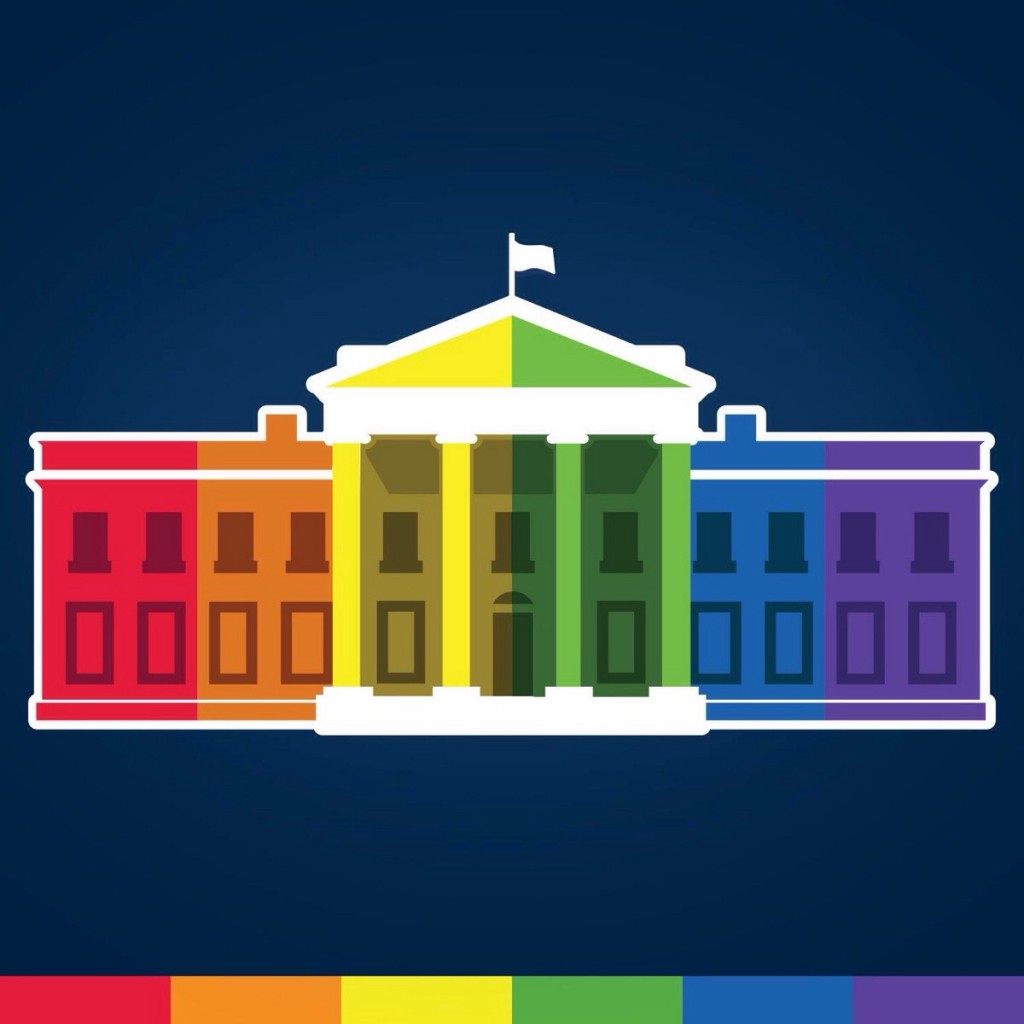How Death and Dying Changed My Perspective on LGBT Rights
I didn’t grow up in a context where the LGBT community was generally accepted. I suppose that many in my generation (and those before us) experienced a time when they were (or continue to be) either indifferent or against LGBT rights.
Like many people my age, I experienced a conversion of sorts from being anti LGBT rights to being an advocate for them. My “conversion” was gradual and — like the conversion of many heterosexuals — it involved meeting, befriending and loving people who identify as LGBT. Today, I consider some of my best friends to be gay, lesbian and trans.
But, perhaps the largest influence in my conversion was the practical implications that I witnessed as a funeral director surrounding death and dying.
As a principle, I believe that those who love us in life should be the ones who take care of us in death.
In places that lack LGBT rights, that simple principle is denied to committed LGBT couples.
Without a legal recognition of marriage, a gay or lesbian couple doesn’t have the next-of-kin right to make funeral arrangements. That right either falls to the deceased’s children and / or parents. And too often — and I believe this is changing — those parents or children barred the deceased’s partner from any involvement in the funeral. I’ve seen this circumstance play out on a number of occasions. It’s hurtful, it’s difficult and it’s intrinsically wrong.
Again, if you loved and committed yourself to someone in life, that love and commitment and care should extend to death.
Not only were the bereaved LGBT partners denied funeral arrangement rights, they were also denied
social security benefits,
next-of-kin hospital visitation rights,
spousal funeral and bereavement leave,
next-of-kin status for emergency medical decisions,
government death benefits
and inheritance rights.
Today is a good day. Today, love can extend from life to death.
Today, America recognizes that those who love us in life can ALSO be the ones who take care of us in death.

